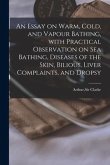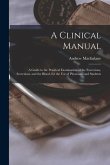Following recent high profile cases of surgical error in the Uk and USA, patient safety has become a key issue in healthcare, now placed at the heart of junior doctor's training. Errors made by doctors are very similar to those made in other high risk organizations, such as aviation, nuclear and petrochemical industries. Practical Patient Safety aims to demonstrate how core principles of safety from these industries can be applied in surgical and medical practice, in particular through training for health care professionals and healthcare managers. While theoretical aspects of risk management form the backdrop, the book focuses on key techniques and principles of patient safety in a practical way, giving the reader practical advice on how to avoid personal errors, and more importantly, how to start patient safety training within his or her department or hospital.
Hinweis: Dieser Artikel kann nur an eine deutsche Lieferadresse ausgeliefert werden.
Hinweis: Dieser Artikel kann nur an eine deutsche Lieferadresse ausgeliefert werden.

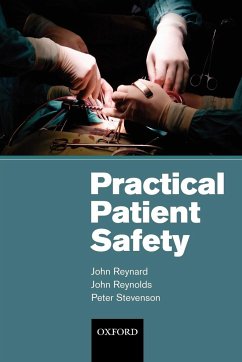
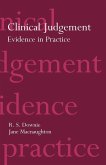
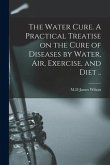

![The Reformed Practice of Medicine, [electronic Resource]: a Practical Treatise on the Prevention and Cure of Disease, Without the Use of Mineral or Ve The Reformed Practice of Medicine, [electronic Resource]: a Practical Treatise on the Prevention and Cure of Disease, Without the Use of Mineral or Ve](https://bilder.buecher.de/produkte/65/65561/65561019m.jpg)
